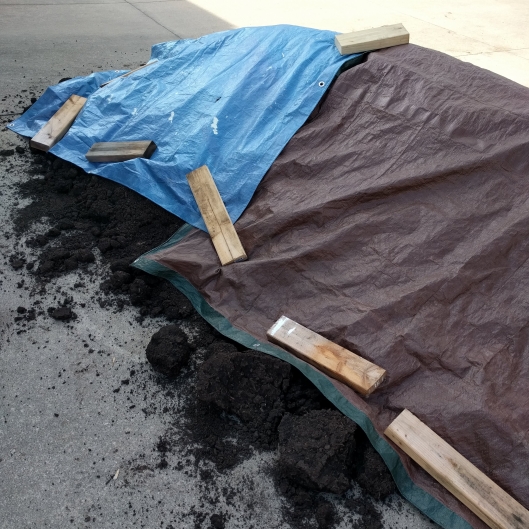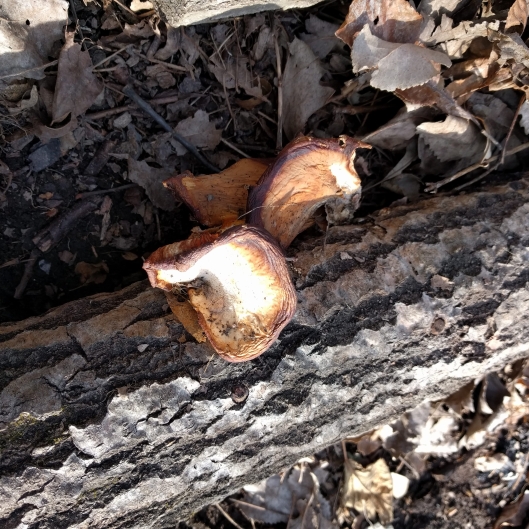Tags
A friend of mine asked me to help her plan a new vegetable garden in Texas, something I clearly have an interest in. Said friend asked questions like, what do I need, what do I buy, what tools do I get, what do I plant? All good questions.
Here is the thing. I feel like I have some kind of garden credentials. I have a garden, I’ve been successful, I carry a Master Gardener badge. All this adds up, but so often I think…do I really know what I am talking about? What, really, have I done other than try something and fail a lot? Maybe failure is the key to unlocking expertise?
This past week I have been doing some spring clean-up work around the property, and headed into the berry patch to tackle the unmanageable thornless blackberries. A prime example of what not to do: buy a bunch of plants without knowing anything about them. Boom. Blackberries. Without constant patrol (and control) we would have blackberry vines growing through our walls. I do have a lot of guilt sending transplants to my aunt and uncle in Minnesota years ago. I hope there is minimal resentment, or the plants died.
I also used glyphosate once a few years back on a mulch path when I was so overwhelmed with weed frustration. I hope this is a safe place to admit this. It has haunted me ever since.
My point here is, I do not know all the answers and I mess up a lot. I guess that makes me human, so they say?
There are a handful of decisions that I know were solid choices, and I’ve been thinking about one in particular: compost. High quality, local compost has been a life saver in so many ways. One of the questions my friend asked was “what soil do I use?” seemingly after she bought a single bag of potting soil for a raised bed.
To fill my beds initially, I purchased a 50-50 mix of top soil and compost. This is important, the compost should be good quality. Each year, I order 1-2 yards more to top each growing area to replenish organics in the soil (which does deplete each year). That’s it! That’s all! Rarely have I had to use any additional fertilizer on the garden (only the year I did not top dress the beds). Well-rotted compost is a perfectly balanced fertilizer, chemical free, and cost effective. It is very important to purchase HOT composted materials. While I am a big advocate of home composting/lazy composting, cold composting will not kill any pathogens or jumping worm eggs (yes those are a real scary thing…go to the internets!), so you do need some caution with use.

Fresh compost delivery with a rain blanket.
This one, friends, you can take to the bank.
In other news, four years ago I was duped into buying those fancy mushroom spawn-filled logs that you just toss in the back woods and 3 months later you have a veritable mushroom farm. Guess what? Blue Oyster mushroom popped up this spring out of NOWHERE. What a fun surprise! (Note: I’m going to assume from a safe distance these are blue oysters. I’m no mushroom expert.)

Surprise mushrooms!
What are you doing this early spring to ready the garden?
